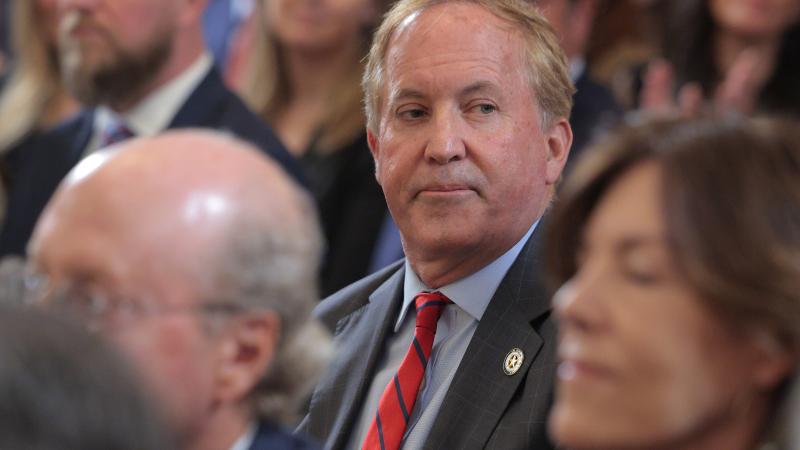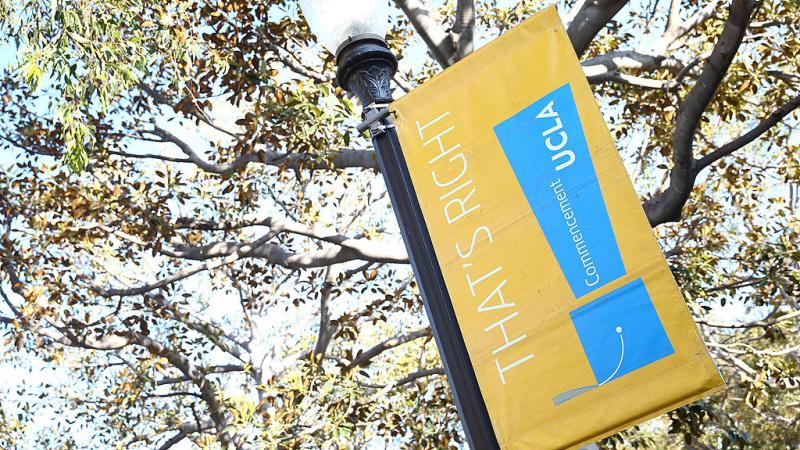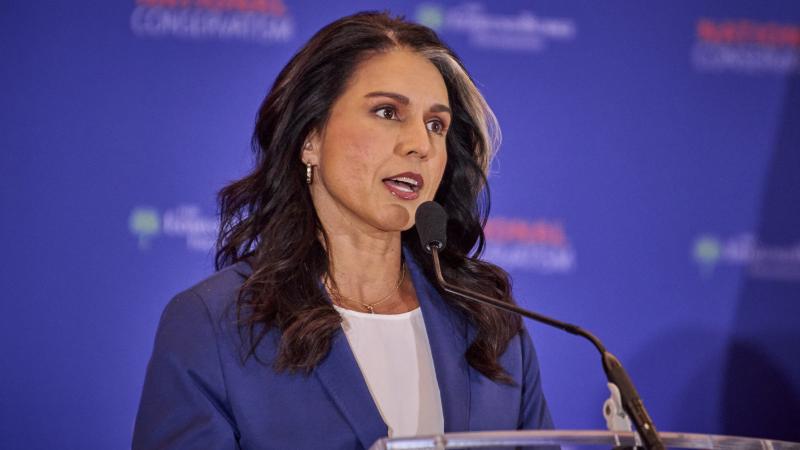Medical marijuana debate resumes Tuesday in South Carolina Senate
The legislation is dubbed the South Carolina Compassionate Care Act and has nearly 30 proposed amendments.
The South Carolina Senate will restart debate on medical marijuana Tuesday after finishing up a fifth day of discussion on the matter Thursday.
The bill, S. 150, is dubbed the South Carolina Compassionate Care Act and has nearly 30 proposed amendments. Bill sponsor Sen. Tom Davis, R-Beaufort, described the bill as a conservative approach to medical marijuana.
The measure was amended out of committee to require a state-licensed pharmacist to be on staff at any dispensary, and it would be void if a federal court ruled against medical marijuana.
“I decided early on that this was going to be a different kind of medical cannabis bill,” Davis said during Senate debate. “It wasn’t going to be like the medical cannabis bills in the 36 other states that have medical cannabis laws. Because I wanted it to be a very tightly regulated medical bill that was clear in no uncertain terms that it was meant to provide medicine and put in safeguards against it becoming a de facto adult use or recreational use.”
Davis said polling showed that is where the majority of South Carolinians are at in their preference for marijuana legalization.
The bill calls for a 6% tax on retail purchases of medical marijuana, and local governments are not allowed to place additional taxes on the purchases.
Taxes collected first would go toward implementing, administering and enforcing the law. Of the funds available after that, 85% would go to the state’s general fund, and 3% would go to research from the University of South Carolina School of Medicine and the Medical University of South Carolina to improve detection methods for impaired driving.
Then 2% would go to alcohol and drug abuse prevention, education, early intervention and treatment, 3% would go to the South Carolina Law Enforcement Division, 2% would go to the South Carolina Department of Education for drug safety education and 5% would go to the University of South Carolina School of Medicine and the Medical University of South Carolina for medical cannabis research and development.
Davis' bill was filed in December 2020, but he said he has listened to seven years of information in committees and subcommittees on the matter.
“Unlike other states, we have a very tightly defined window of conditions,” Davis said.
There are 13 conditions that would allow for marijuana prescriptions if the law is enacted, and Davis said Mississippi’s new law allows for “a couple dozen.”
Mississippi Gov. Tate Reeves signed legislation Wednesday to legalize medical cannabis. Kentucky is debating medical cannabis, and a bill filed has been filed in Tennessee.
Georgia is working on its process to regulate medical marijuana after it passed the Hope Act in 2019. Alabama passed the Compassion Act last year, along with a 9% gross proceeds tax.
The South Carolina Sheriffs' Association said last year it remained concerned with the legislation.
“While the sponsors of S. 150 have attempted to address several of law enforcement’s concerns, we remain deeply troubled over this legislation,” a sheriffs' association statement said last year. “As previously stated, while the Sheriffs of South Carolina have extreme compassion for those who are suffering from debilitating illnesses, we cannot endorse or even ignore the attempt to provide relief through illegal methods.”
Since the bill was marked with a special order, it will come to a vote in the Senate and, if it passes, will head to South Carolina House.














